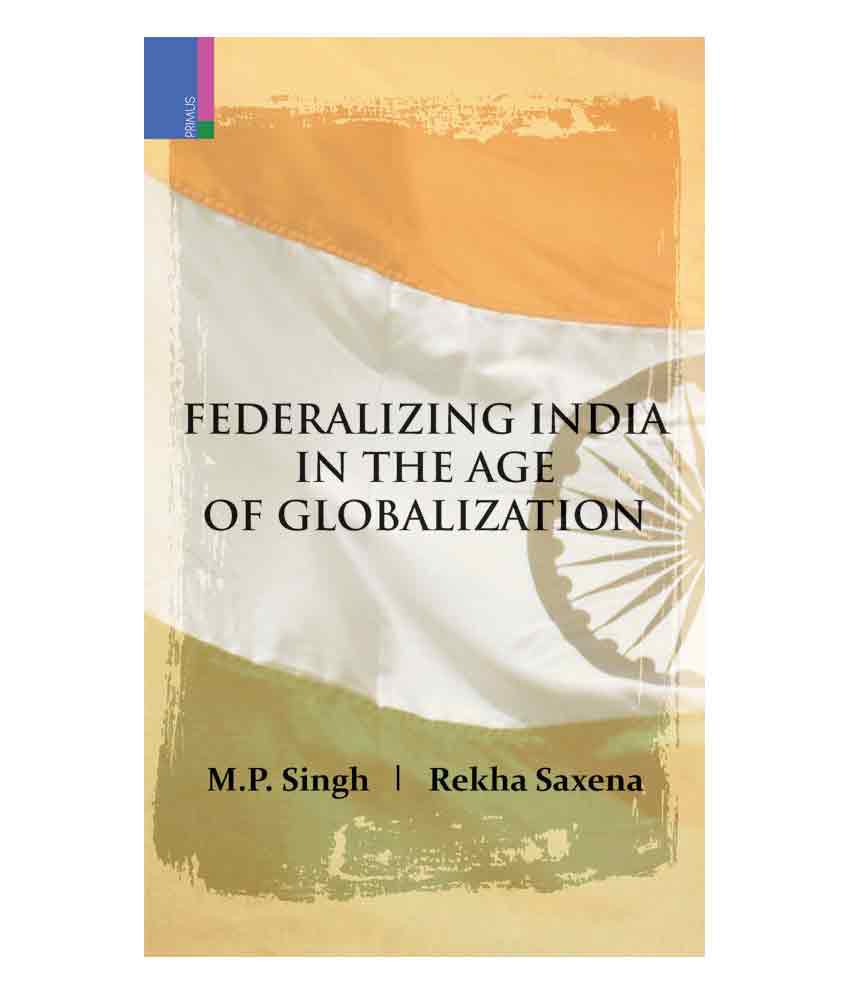Something went wrong. Please refresh the page and try again.
Something went wrong. Please refresh the page and try again.
Notifications can be turned off anytime from settings.
Item(s) Added To cart
Qty.
Something went wrong. Please refresh the page and try again.
Something went wrong. Please refresh the page and try again.
Exchange offer not applicable. New product price is lower than exchange product price
Please check the updated No Cost EMI details on the payment page
Exchange offer is not applicable with this product
Exchange Offer cannot be clubbed with Bajaj Finserv for this product
Product price & seller has been updated as per Bajaj Finserv EMI option
Please apply exchange offer again
Your item has been added to Shortlist.
View AllYour Item has been added to Shopping List
View All

No Cost EMI of Zero Emi Vendor applied on the product
You selected EMI of for monthsChangeGenerally delivered in 6 - 10 days
Item is available at . Change
You will be notified when this product will be in stock
| ||||||||||||||
The major new direction of change in the Indian political system today is the gradual political decentering of a predominantly parliamentary system of the first four decades after Independence into a new federalizing and globalizing India since the early 90s. The early stirrings of federalization were indeed evident in the territorial reorganization of the states along linguistic lines in response to popular movements in the 50s and 60s. Further territorial reorganization was subsequently agitated for and conceded on tribal lines in the north-east and on regional economic backwardness in Jharkhand, Uttarakhand, and Chhattisgarh. Another strand of federalization was evident in the grant of asymmetrical federalism in Jammu & Kashmir, Nagaland, and Mizoram. The political factors that have led to the process of federalization are the party system transformation with regional parties coming to play a decisive balancing role in Indian politics and globalization.
About the Author
M.P. Singh is the Director of Research, Centre for Multilevel Federalism, Institute of Social Sciences, New Delhi, and the editor of the CMF Newsletter. Professor Singh was formerly Professor and Head, Department of Political Science, University of Delhi. He has also served as Director of Research and Publications, Indian Council of Social Science Research, New Delhi. He had been Faculty Research Fellow of the Shastri Indo-Canadian Institute. Rekha Saxena is Associate Professor, Department of Political Science, University of Delhi. Her recent publications include: Situating Federalism: Mechanisms of Intergovernmental Relations in Canada and India (2006), and two edited volumes: Mapping Canadian Federalism for India (2002), and Varieties of Federal Governance: Major Contemporary Models (2010). Dr Saxena's area of specialization includes federalism, political institutions, party politics, elections and the Indian Constitution.
The images represent actual product though color of the image and product may slightly differ.
Federalizing India In The Age Of Globalization
Rs. 648
Register now to get updates on promotions and
coupons. Or Download App